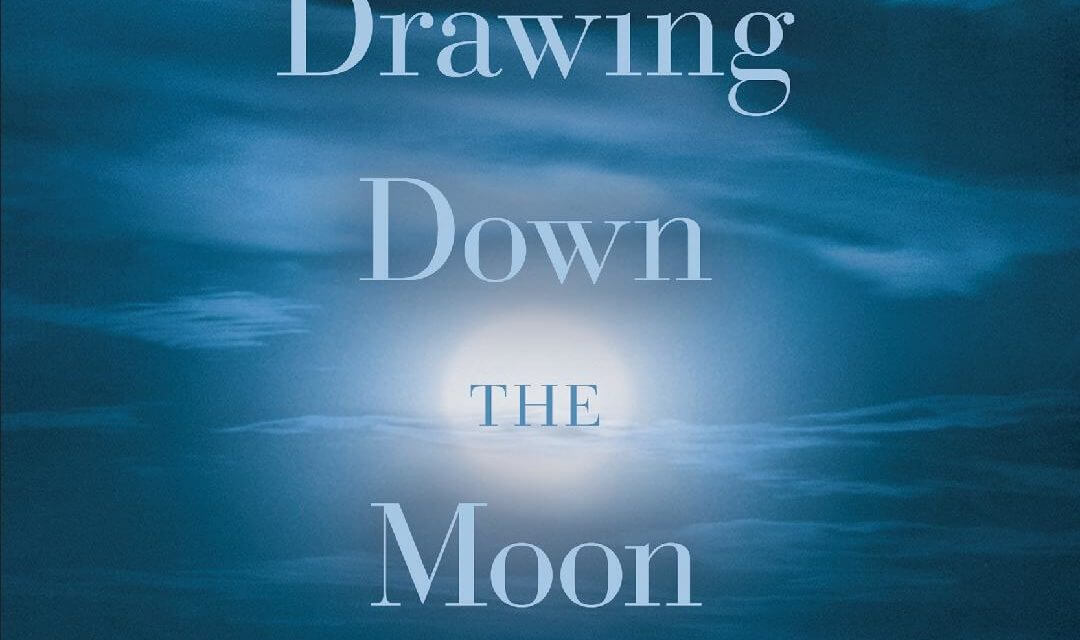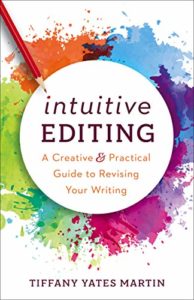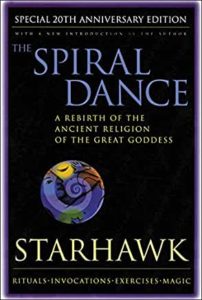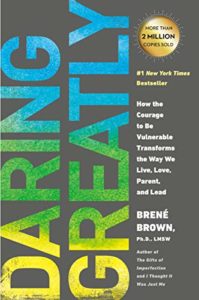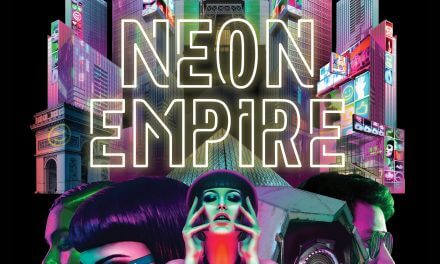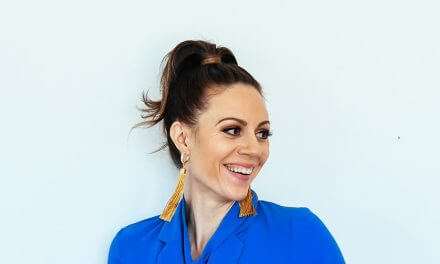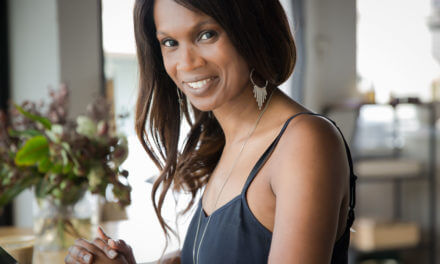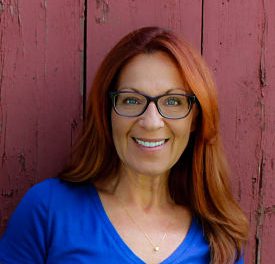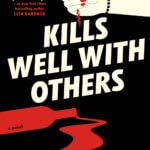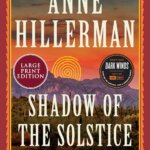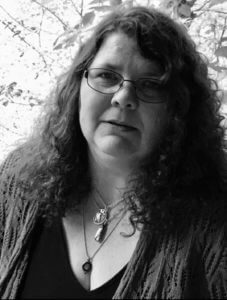
SS: Welcome, Shawn. Tell us what in your childhood contributed to you becoming a writer?
SKC: Storytelling is an integral part of Southern culture, from family narratives to embellished tales. I spent many hours of my childhood with my great grandparents and grandparents listening to stories with ongoing plots and characters, as well as oral histories that spanned years and generations.
SS: What’s the first book that made you cry? Made you angry? Made you rejoice?

SS: I loved The Awakening, too. Writing is undoubtedly a lonely occupation. John Green (The Fault in Our Stars) says writing is a profession for introverts who want to tell you a story but don’t want to make eye contact while doing it. P. D. James (Cover Her Face) says it’s essential for writers to enjoy their own company. Do you see yourself along those lines? Are you a natural loner?
SKC: I definitely agree that a writer must enjoy her own company, but I like being in my head. There are so many interesting characters hanging out with stories to tell. I’m fascinated sometimes how my thoughts develop and connect to form a story I never planned to write.
SS: What are you working on at the moment?
SKC: My second book was just published (in the process of June release). Turn of the Silver Wheel is the second book in the James Island Trilogy. Besides marketing and publicizing Books I and II, I am researching and starting my writing preparations for the third book in the trilogy called Chasing the Changing Tides.
SS: Which non-literary piece of culture could I not imagine living without?
SKC: Music. I love to listen to music while I’m working. Sometimes it is just for background noise and other times it provides inspiration and energy.
SS: What writer would you be most thrilled to hear wants to meet you?
SKC: Diana Gabaldon of the Outlander series. I started reading her books a decade ago and actually got to meet her at an event in Washington, DC. She asked me what I was working on currently, like I was a writer too. It was an incredibly inspirational and motivating moment for me.
SS: It is often believed that almost all writers have had their hearts broken at some point in time, does that hold true for you?
SKC: Absolutely. My heart has been fractured, busted in half, run over, decimated … I think writers have to take in the highs and lows of life to create characters with depth and authenticity. Without understanding and feeling pain it is nearly impossible to appreciate the joys as well as developing characters with realistic perceptions of life. Process, superstitions, and rituals.
SS: Isabel Allende starts all of her books on January 8 because she started The House of Spirits on that date. Do you have any superstitions or creative rituals about your writing?
SKC: I have lots of rituals and superstitions. I choose a color for each novel project and use it for any spiral notebooks, binders, or journals I put together. I always write everything in longhand first then transfer it to my laptop as a first draft and I never throw away an empty pen, collecting them in a box in my office. I believe in crystal magic and rock characteristics which I also highlight in my books, so I display particular rocks that inspire creativity, inspiration, energy, relationships, passion, love, and so on.
SS: Do you hide any secrets in your books that only a few people will find?
SKC: Yes, I like to hide little secrets, quotes, objects, touchstones, or references that only certain people will recognize. One example, my dad drives an ancient orange truck on the weekends instead of his newer cars. We make fun of it a lot. In the trilogy, Agnes drives an ancient orange truck. My orthopedic surgeon jokes about being in my books and starring in a movie version. I named a medical examiner after him who was a reference character in a fictional newspaper article within the book. I think it’s fun and it makes me smile.
SS: Do you think that self-revelation is part of the writing process?
SKC: Writing is a personal activity for me. I deal with difficult subject matter, meaningful relationships, and powerful influences. My writing reflects female strength, perseverance, and authenticity. Those are qualities I also strive to showcase in myself. Stories are for entertainment, but it is important to me that they provide awareness and illustrate a new perspective that hopefully inspires a change or a revelation in my readers.
SS: Khaled Hosseini (The Kite Runner) feels he discovers a story rather than creates it. Are you a plotter? Or do let the novel develop organically?
SKC: When I first got serious about my writing, I researched the way other novelists wrote and tried to plan and plot my notes accordingly. I got so frustrated by the restraints and the organization that I finally surrendered to my own instincts and learned to trust my brain and imagination. Organically, my characters tell me their story and I just write it down. My brain makes connections I don’t readily see, and my work has a much more original flow because of it. It doesn’t seem forced.
SS: I’m the same way, Shawn. By the time I’ve done all the work to organize a book, it feels “written” to me, and all the magic is gone. Do you believe you write the kind of book you’d want to read?
SKC: I love writing women’s fiction and I love reading it too. I wouldn’t limit myself if a story emerged, but I love exploring female connections, with themselves and other women, and how they adapt and survive through the trials and tribulations of life. I also write poetry and personal essays and way back in my early professional life I was a newspaper reporter with an emphasis in feature articles and a personal observation column.
SS: Do you read your book reviews? How do you deal with bad or good ones? Does a bad one affect your writing?
SKC: I do read my book reviews. I think it is important to take into account what the readers like or dislike, but I don’t believe in censoring my stories or writing to satisfy a popular subject or current genre. I do like understanding how I might improve my storytelling or what the readers enjoy. One review I read stated the story began slowly. I wrote a response telling the reader I agreed with her, and I had taken that into consideration in my second book.
SS: What was your first recognition/success as an author?
SKC: My first book was chosen for a national online book club that has over a thousand members. I was elated. Subsequently, it has been chosen by other regional and local clubs, and I view that as a success.
SS: Where and when is your book set? How did you decide on the setting? The timeframe?
SKC: When my children were young, we vacationed on a barrier island off the coast of North Carolina. I had the basic idea about three sorority sisters from college who spent their summers on a barrier island then reconnected twenty years after graduation. Soon it became clear that each woman would need her own book. But the story really took shape when an older woman named Agnes, a lifelong islander, inserted herself in the story. She was a character that had taken up residence in my head early on, but I just wasn’t sure where she belonged. Her involvement pulled the entire trilogy together.
The novels are written in varying time periods from Agnes’ young womanhood in the mid to late 1940s, the three sorority sisters’ college summers, and then in present time several decades after their graduation. Sometimes I would write blocks of time together and then break it up as I was evaluating the draft. Other times, natural endings to a scene or segment presented itself, and then I would switch to another time period. I can’t remember what happened yesterday in my own life but somehow, I keep three time periods and four characters organized in my head.
SS: What advice would you give aspiring writers?
SKC: Write. Write. Write. Whether its brilliant, bizarre, or really bad. It is the only way to find your own voice. Feel the words and the story. Don’t force it and don’t worry about whether the subject matter is current or popular. Don’t censor yourself either. It’s your story to tell. Appreciate it for its own energy and let it find its own way.
SS: What prompted you to write Southern fiction?
SKC: I am a product of the south. I was born in North Carolina, educated here, and have lived my entire life in the state. The south is ripe with characters and settings. The history, culture, customs, darkness, family dynamics, and Bible belt philosophy are great to contradict and compliment. The contrast of culture, ideals, and morality with dark family secrets, illegal activities like moonshining, and historical conflict provide more than enough inspiration for writing, especially fiction.
SS: Do you think there are the basic guidelines for women’s fiction?
SKC: Successful women’s fiction involves relatable characters foremost, who suffer with real problems. Those issues can be embellished, exaggerated, or outrageous but there needs to be an honest authentic connection between the readers and the resolution. I want my readers to feel like they are part of the scene, sitting on the beach, sharing wine on the porch, or feeling overwhelmed when life is hard.
SS: Do you think political statements belong in women’s fiction? Would you write a novel that was a political tract?
SKC: I think individual writers vary on this subject. In my books and in my opinion, dialogue is crucial for political and social understanding. My hope is that my subject matter starts a discussion or makes the reader think that there is more than one side or solution. If readers feel connected or relatable to the characters or other readers, then they feel safer to explore hard topics. My books include mental health, miscarriage, domestic violence, sexual assault. It’s not my purpose to shock the reader but to foster discussion and encourage empathy.
Lightning Round:
- Book in three words: character-driven, poignant, and riveting.
- Favorite thing about your genre/women’s fiction: Exploring women’s friendships, encouraging connection through shared experiences, and celebrating courage and perseverance.
- Another genre that you would love to write: Murder and suspense.
- Night owl or morning person: Definitely a night owl. When I’m writing the first draft and doing major revisions I often work through the night and go to bed around sunrise.
- Pantser or plotter: Definitely pantser. My characters go in directions I could never imagine. I just let them live their lives and I connect the dots.
- Book you’re currently reading: Daring Greatly by Brene Brown, The Body Keeps The Score by Bessel Van Der Kolk, The Spiral Dance by Starhawk, Intuitive Editing by Tiffany Yates Martin, and a multitude of book marketing guides. I love to read women’s fiction, but I usually don’t when I’m working on a book which lately is all the time.
- Your favorite guilty pleasure: Bacon cheeseburgers and strawberry milkshakes.
- Your number one book boyfriend: Jamie Fraser from Diana Gabaldon’s Outlander series.
- Favorite genre of romance: I don’t like sappy but something with depth, real problems, believable characters, and authentic resolutions.
- Favorite women’s fiction author: In my younger years I found great inspiration from Anne Rivers Siddons, Dorothea Benton Frank, Zora Neale Hurston, Toni Morrison, Kate Chopin, and Jill McCorkle. Over the last decade or so, Diana Gabaldon. I love that her books do not fit a mold or pre-conceived parameters. Her work is just pure literary genius.
********************
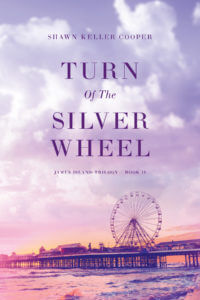
Turn of the Silver Wheel will be available soon.
********************
A brief synopsis of Drawing Down the Moon:
Jade Montgomery’s life is falling apart. She planned for a family, she and Ian and a beautiful house full of children. But with every miscarriage her dream slips further away until she has nothing left. At 42, childless and faking her way through a miserable marriage she does the only thing that seems reasonable. Depressed, devastated and dying inside she drives to the island of her childhood vacations and college summers and walks into the Atlantic Ocean. Nearly past the point of complete surrender, she realizes she isn’t finished with life.
Collapsed on the sand in the early morning she is discovered by Agnes, an older sprite of a woman, totally unique and mysterious. Agnes recognizes a kindred spirit in Jade and helps her reclaim her life. Jade accompanies Agnes to a midnight ritual on an isolated part of the island and discovers as Agnes says, “You’re not dying. You’re living and living is harder.”
Contemplating this revelation and recovering from her near-death swim, she is reminded this is the summer she and two sorority sisters are having a reunion to commemorate twenty years after their time at the University of North Carolina. It was a last-ditch and inebriated effort the night of graduation to save their friendship after the secrets and suspicions of their third beach summer tainted their relationship.
Jade is still unstable as the women, unaware of her condition, descend anyway only to realize how much has changed over the decades. They are like predators stalking the weakest, circling, to see who breaks first. In a desperate attempt to save her sanity, Jade is overcome with grief and loneliness and confesses her miscarriages, marital failings, and her suicide attempt. Unexpectedly, Penn and Emerson comfort Jade and arrange their schedules to stay longer and help her through this crisis but that doesn’t mean everything between them is settled.
********************
This post contains Amazon Affiliate links. As an Amazon Associate, I earn a small amount from qualifying purchases.
.
